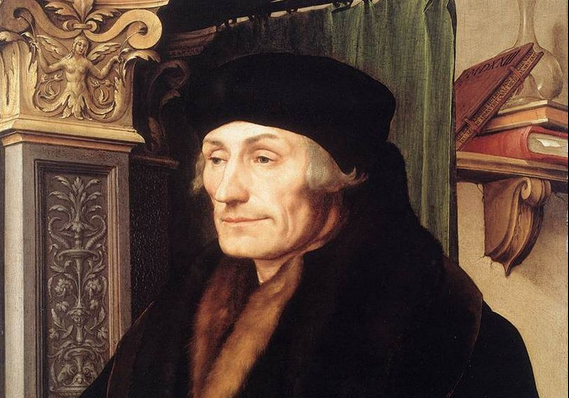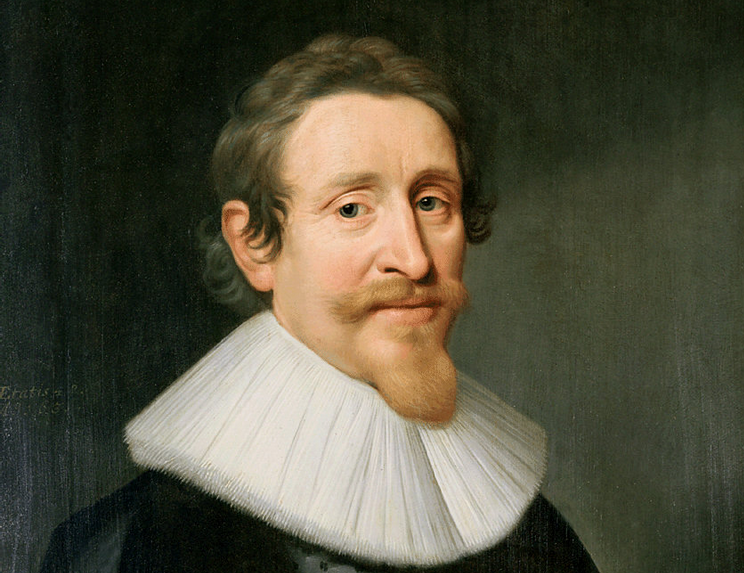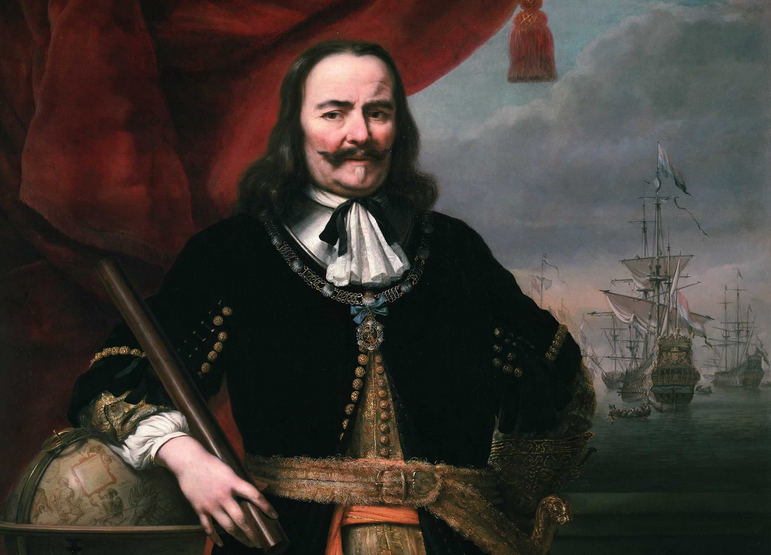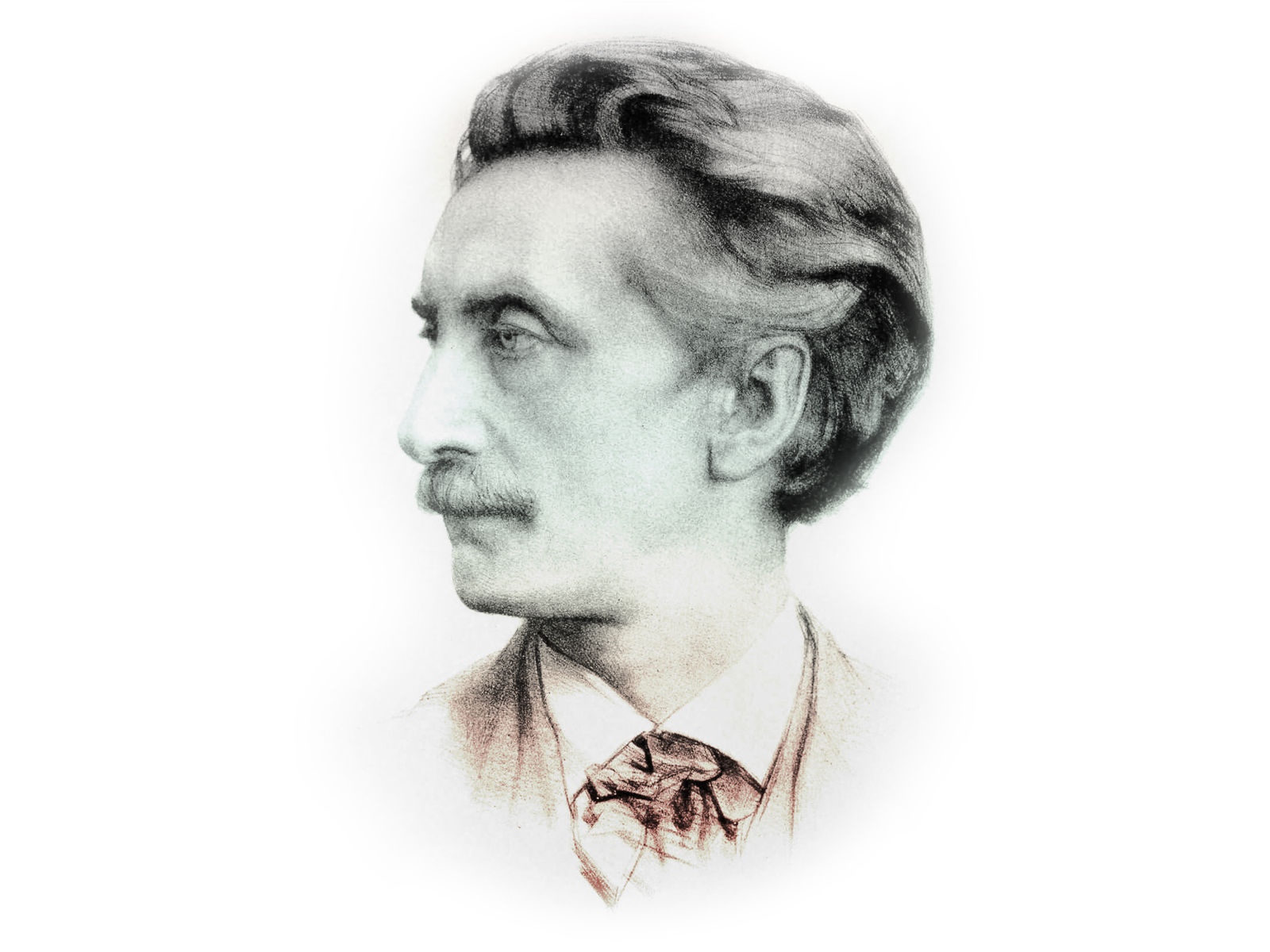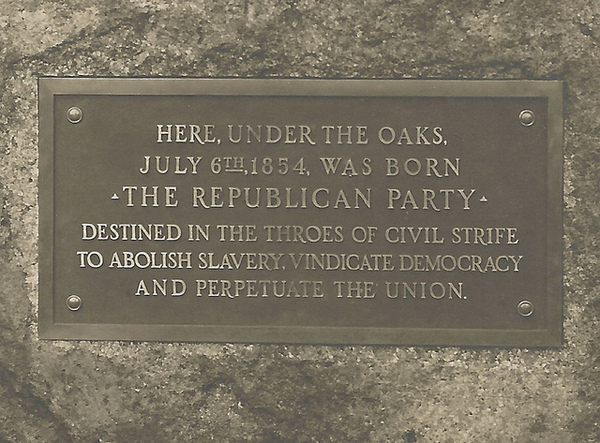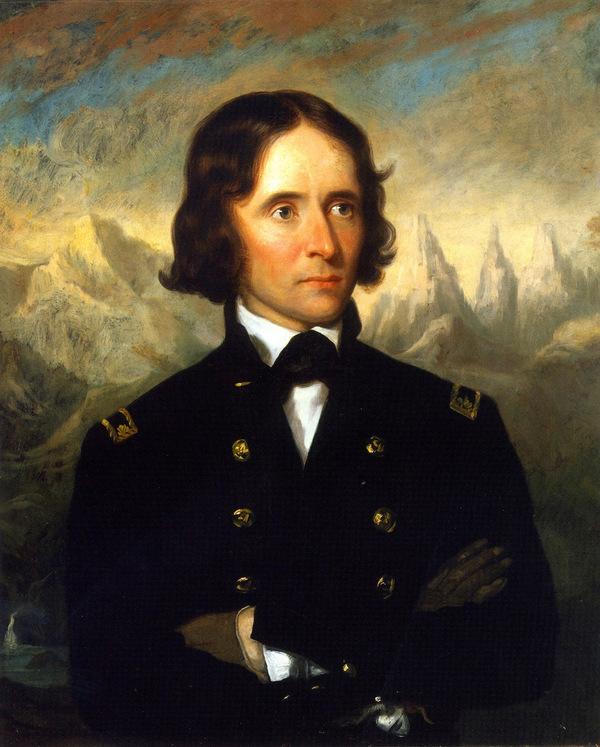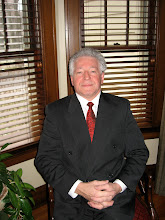
On July 24, 1915, nearly 900 people died when SS
Eastland capsized in the Chicago River. It was a particularly astounding
loss of life considering that, unlike in most deadly shipwrecks, the
calamity occurred only 19 feet from shore in the middle of a metropolis.
On the anniversary of the SS Eastland catastrophe, look back at the
deadliest disaster in Chicago history.

Women in long summer dresses and men in three-piece suits chuckled and joked as the slender steamship occasionally rocked from side to side during the hour-long boarding in what felt like a preview of the roller coaster and other stomach-dipping amusements that awaited them on the other side of Lake Michigan. Deep below deck, however, Eastland’s crew knew the listing was no laughing matter. “The Speed Queen of the Lakes” may have been one of the Midwest’s fleetest ships, but it was hardly the safest. The ballast system, which was designed to keep the steamer on an even keel, suffered from repeated malfunctions, and at least twice before—in 1904 and 1907—the vessel nearly capsized. “Eastland’s owners were aware of stability problems that needed to be repaired but planned to postpone them until after the sailing season ended in 1915 because of the expense,” says Michael McCarthy, author of “Ashes Under Water: The SS Eastland and the Shipwreck That Shook America.”

“Look out, she’s tipping!” cried warehouse workers along the river. Dishes and bottles crashed to the floor. Panic along with the Chicago River gushing through gangways and portholes swept across the decks. Frightened passengers and crew jumped to the dock as the last line holding Eastland to the wharf snapped like a whip.
For those on board the steamer, the world suddenly turned sideways.

Screams mixed with gurgles as survivors struggled to stay afloat in the filthy river, a toxic cocktail of raw sewage and detritus from Chicago’s stockyards. Few passengers knew how to swim, and even those who did were weighed down by their water-logged dresses and heavy suits. Rescue boats scrambled to the scene as welders ran with torches in hand to the crippled steamer. Hearing the muffled cries of the desperate passengers pounding on the metal hull, the welders began to cut rectangular escape hatches when Eastland’s horrified captain, Harry Pedersen, incredibly protested that they were “ruining his ship.” “The captain showed more regard for the company property than the people inside,” McCarthy says.

Pedersen, the ship’s engineer and four of its owners stood trial for the disaster, but a federal judge changed the original charges from criminal negligence and manslaughter to conspiracy to operate an unsafe ship. As McCarthy notes, the owners may have been negligent, but there certainly was no conspiracy. Represented by the legendary Clarence Darrow—who was in the “valley of his career” according to McCarthy after accusations of bribing jurors on an earlier case—the six men were all found not guilty. No one was ever held criminally responsible for the disaster, and a civil trial that dragged on for more than two decades ultimately provided little money to victims’ families. “I don’t believe justice was done,” McCarthy says. “The Eastland story offers an example of how important it is to bring charges against people who have endangered lives and how careful you must be to pin the charges on them.”
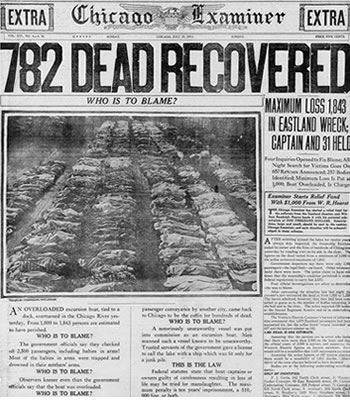
---{-@
HICKOK




